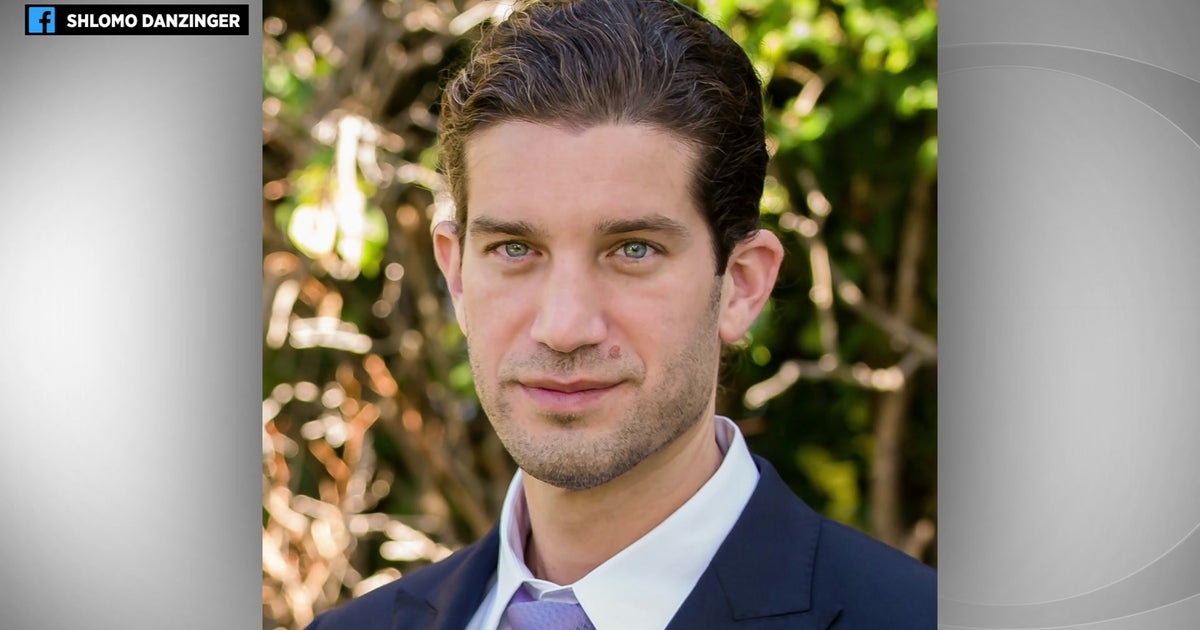Clinton Challenges Fmr. Gov. Bush On Immigration As GOP Shifts
Follow CBSMIAMI.COM: Facebook | Twitter
WASHINGTON (CBSMiami/AP) — Hillary Rodham Clinton has put her spin on the immigration debate, now saying those in the country illegally should gain citizenship, challenging a centerpiece of Former Florida Governor Jeb Bush's likely presidential candidacy.
The elevated focus on immigration shines new light on the growing willingness of Republican presidential contenders — including past opponents of an immigration overhaul in Congress — to let such immigrants stay in the U.S. Such a position is regarded as "amnesty" by the GOP's tea party wing, yet it is quietly becoming the majority view in a 2016 Republican presidential class eager to attract Hispanic voters.
Clinton is just as eager to protect the Democrats' advantage with that key voting bloc.
The day before, Clinton drew a sharp distinction between herself and the Republicans, like Bush, who support a pathway to legal status that stops short of citizenship.
"When they talk about legal status, that is code for second-class status," Clinton charged.
It's unclear how much the distinction between citizenship and legal status matters to Hispanic voters, a growing slice of the electorate nationally and an important factor in presidential swing states such as Florida, Colorado and Nevada. For many, the priority is simply to avoid deportation.
The rhetoric of the GOP's candidates reflects broad support for allowing such immigrants to stay, but only Bush has made that point a focus of his message to voters.
As he does in most public appearances, Bush cited "11 million people that should come out from the shadows and receive earned legal status" at last week's speech to the National Hispanic Christian Leadership Conference. Such immigrants, he said, should be required to pay taxes, work and not receive government benefits.
Bush's aides view Clinton's comments as a direct criticism and a sign that Democrats are worried about losing Hispanic votes to him. Bush is fluent in Spanish and uses it in his campaign. His wife is from Mexico, and he has lived in Venezuela and Puerto Rico.
Bush wrote in his 2013 book "Immigration Wars" that withholding citizenship would be a suitable penalty for people who have entered the U.S. illegally. But Clint Bollick, his co-author and an adviser, said Bush would sign legislation that confers citizenship as long as he found other parts of the bill acceptable.
On that point, "he's open to compromise," Bollick told The Associated Press recently. Bush aides said Bollick's comments accurately reflect Bush's position.
Meanwhile Bush's GOP rival Marco Rubio has emphasized his own Cuban-American heritage and his family's humble roots. After failing to win support for his own legislation, which would have offered citizenship to immigrants in the country illegally if they met certain conditions, the Florida senator still supports giving them the opportunity to apply for permanent residency as long as they have not broken other laws.
Kentucky Sen. Rand Paul voted against Rubio's bill but says the millions of people in the country illegally cannot all be sent home.
Even Texas Sen. Ted Cruz, a conservative favorite who has been relatively consistent in opposing what he calls "amnesty," does not close the door on a pathway to legal status. He told the Hispanic Chamber of Commerce last week he did not want to discuss what would happen on that front until the border is secured.
Wisconsin Gov. Scott Walker, who had endorsed citizenship but changed his mind in March, privately told Republicans in early voting states that he still supports a process to allow legal status. On Wednesday, Walker tweeted that Clinton's "full embrace of amnesty is unfair to hardworking Americans and immigrants who followed the law to achieve these rights."
All of the Republicans are eager to avoid the fate of 2012 presidential nominee, Mitt Romney, who earned just 27 percent of the Hispanic vote after endorsing "self-deportation" as a viable policy.
Even a modest improvement for the GOP with Hispanics could present a danger for the Democratic nominee. Bush's brother, George W. Bush, won his 2004 re-election with 40 percent of the Hispanic vote.
Yet Clinton's focus on immigration also creates risks for a Republican Party whose vocal minority sometimes says "terrible things" that alienate Hispanics, according to Alfonso Aguilar, a Republican who worked in the last Bush administration. He now leads the American Principles Project's Latino Partnership.
"If the next Republican nominee can't articulate a message that goes beyond border control, Latino voters will support Hillary by default," Aguilar said. "If the nominee is somebody like Marco or Jeb Bush, I think there's cause for concern for Democrats."



